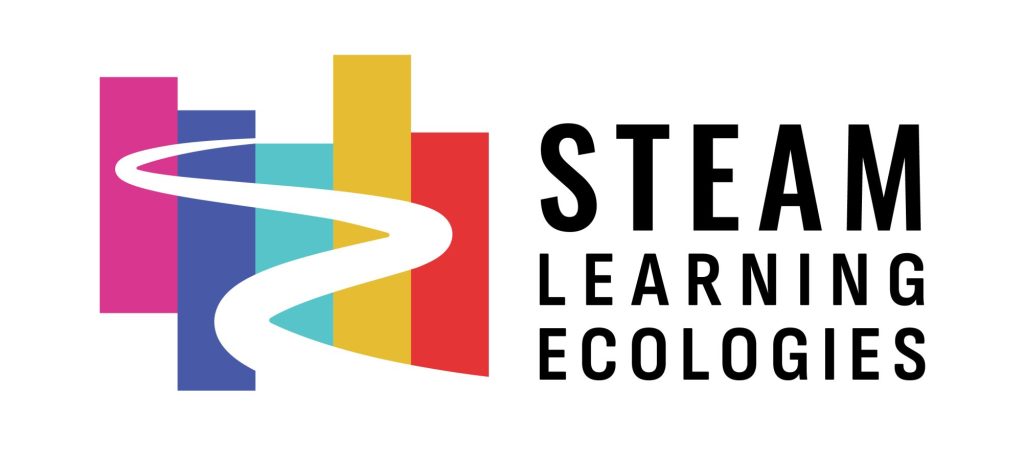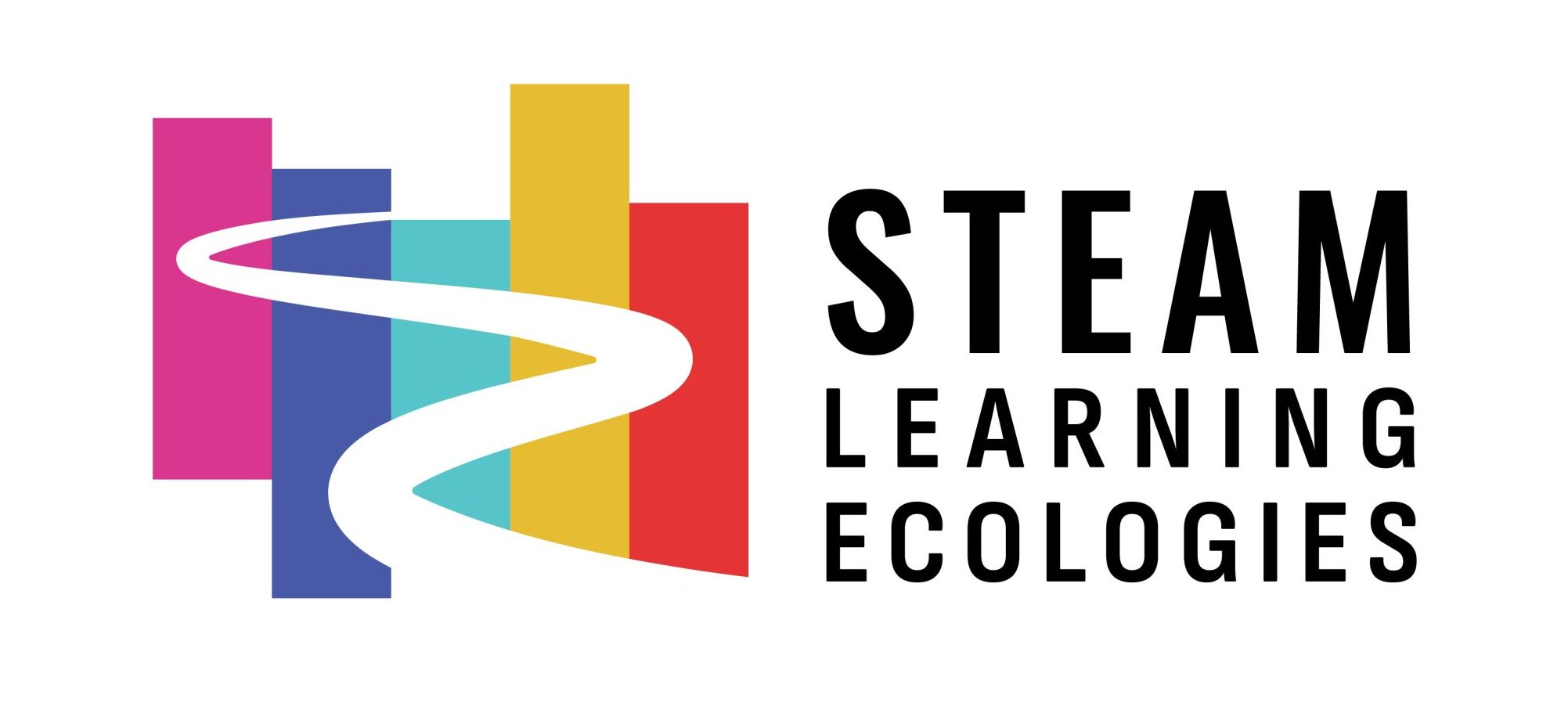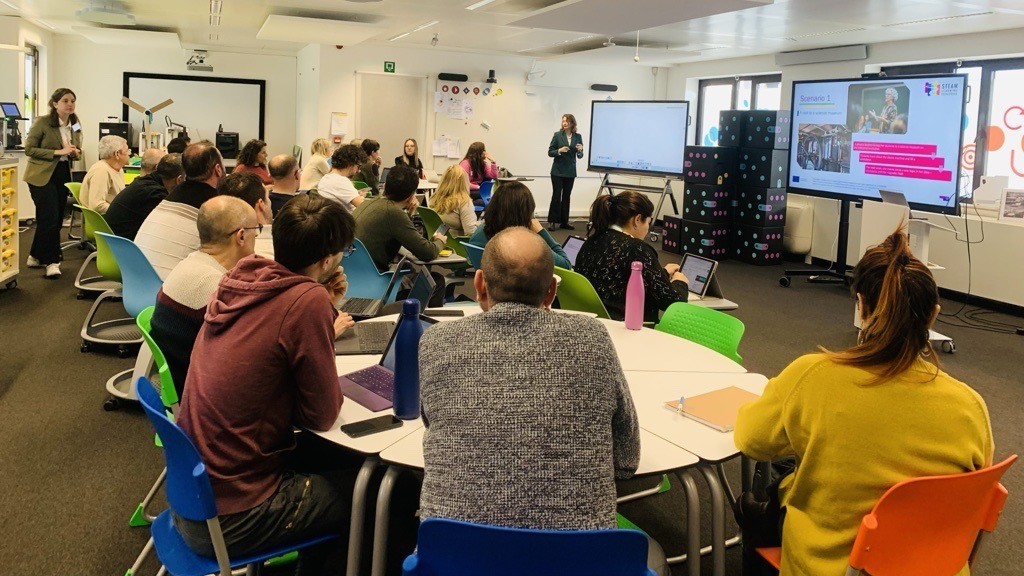On the 19th of March, 23 teachers motivated to improve their teaching practices attended a workshop organised by the SLEs team. The event was part of a week-long course organised by European Schoolnet and held at the Future Classroom Lab (FCL) in Brussels. Comparing different case studies, participants had the chance to identify and learn about the foundational elements of STE(A)M Learning Ecologies: STE(A)M, open schooling, and the application of the living lab practice.
Following these discussions, teachers collaborated in groups to design their own STE(A)M Learning Ecologies. They identified local needs and problems that could be addressed by their pupils and decided on key stakeholders to bring on board and with whom they could collaboratively design project activities and learning resources. Finally, they expanded the scope of their initiative to have a broader community impact, outside the school and over time.
The final projects presented by teachers at the end of the workshop exemplify the transformative potential of STE(A)M Learning ecologies. Whether engaging law and economics experts to understand gender pay gap, nutritionists and app developers to implement health and food programs, or engineers and NGOs to design robotic solutions to clean rivers, these projects are characterised by their ambition and tangible strategies for community impact.
Moreover, through interdisciplinary approaches (at the core of STE(A)M education) and partnerships with local and national stakeholders (fundamental feature of Open Schooling), educators are not only enriching their teaching practices but also empowering students to become proactive agents of positive change in their communities.
Teachers showed enthusiasm for the initiative and recognised its potential for broader impact. However, during the discussion some challenges emerged as potential obstacles to the implementation of the projects, such as lack of time foreseen in the curriculum, and shortage of money for materials and activities. Capitalising on the piloting of 13 SLEs in the SLEs program, the team was able to share tips and suggestions to teachers to lower these barriers. Finally, teachers were invited to join the SLEs International Community, where more and more suggestions and best practices to implement SLEs will be gathered and shared.




